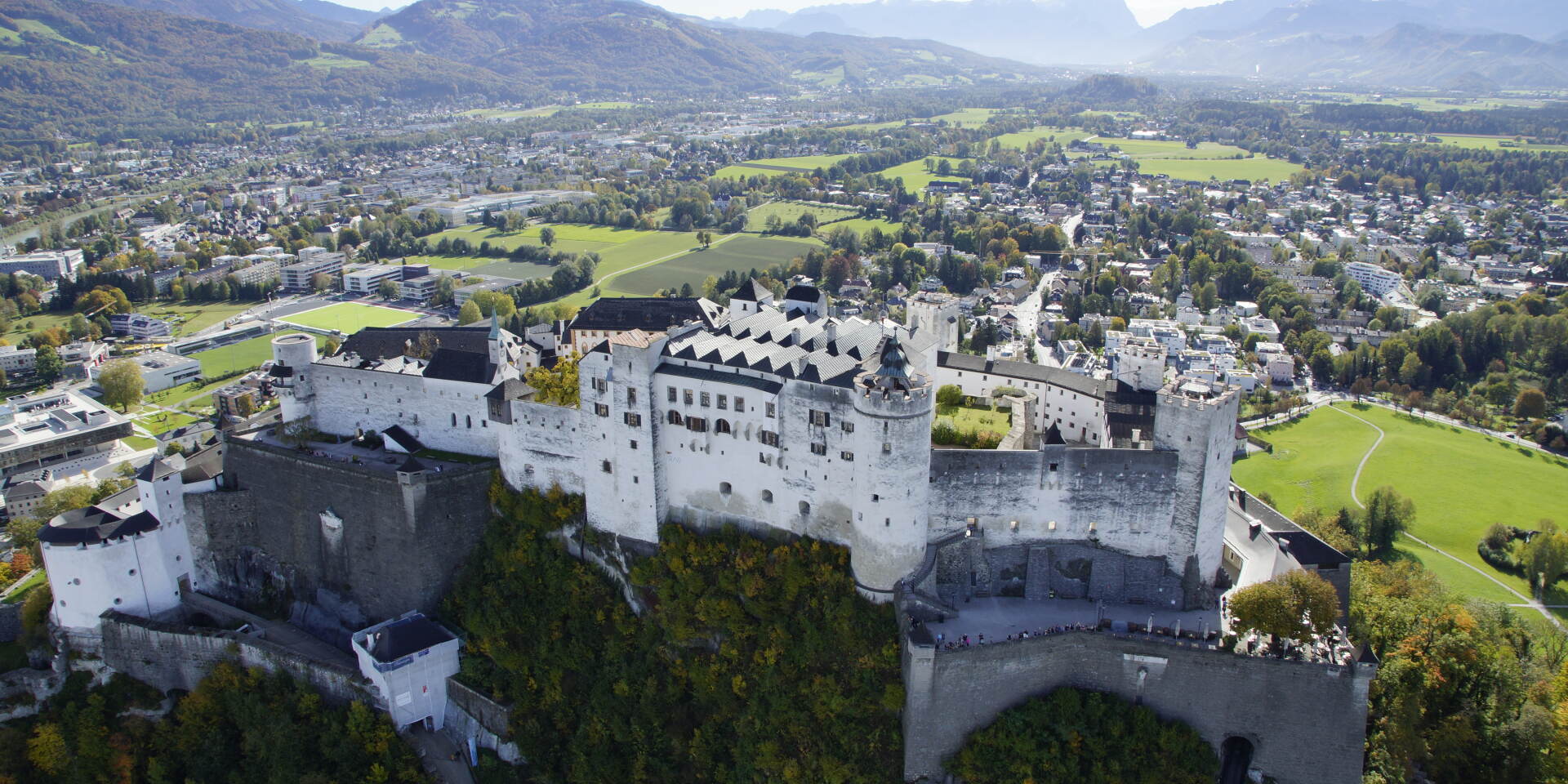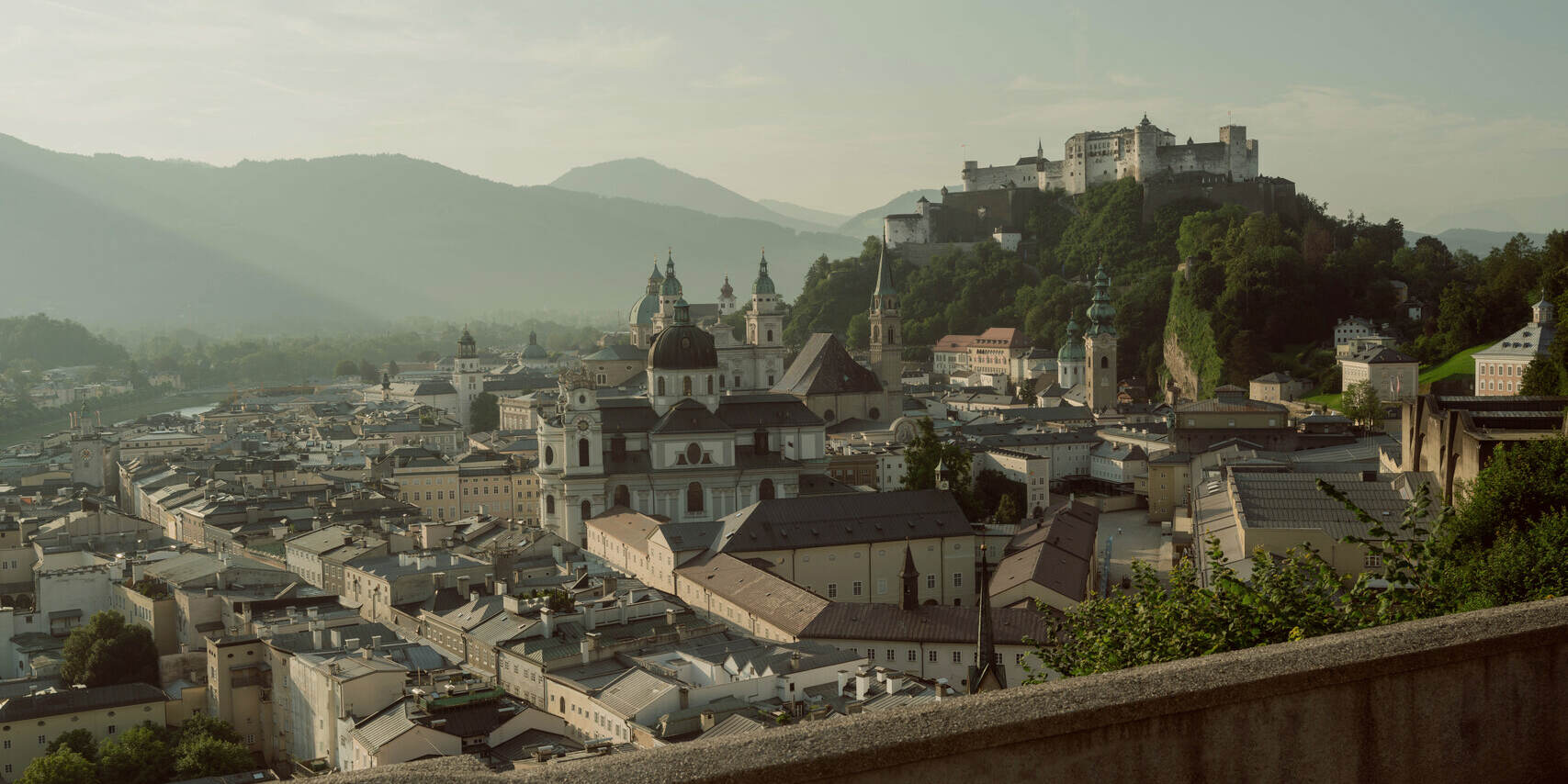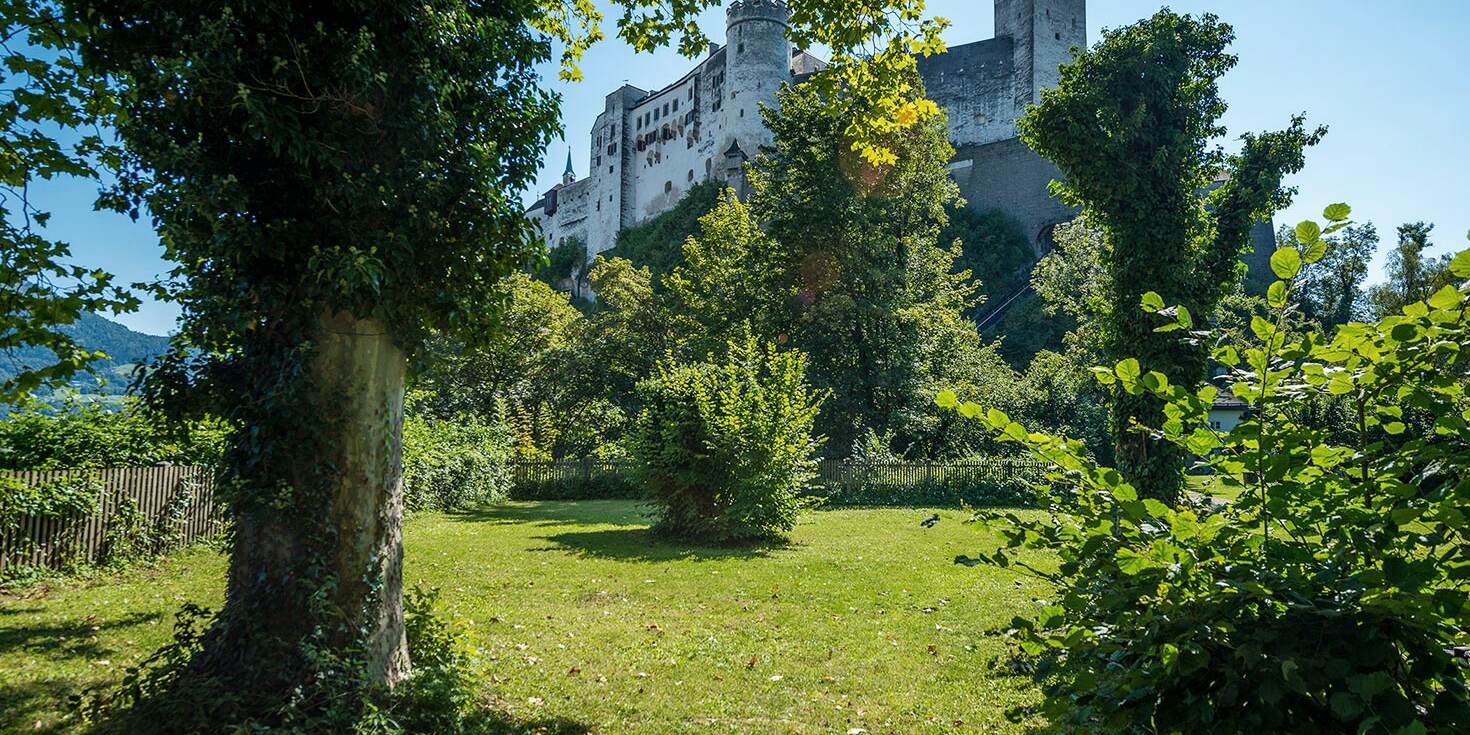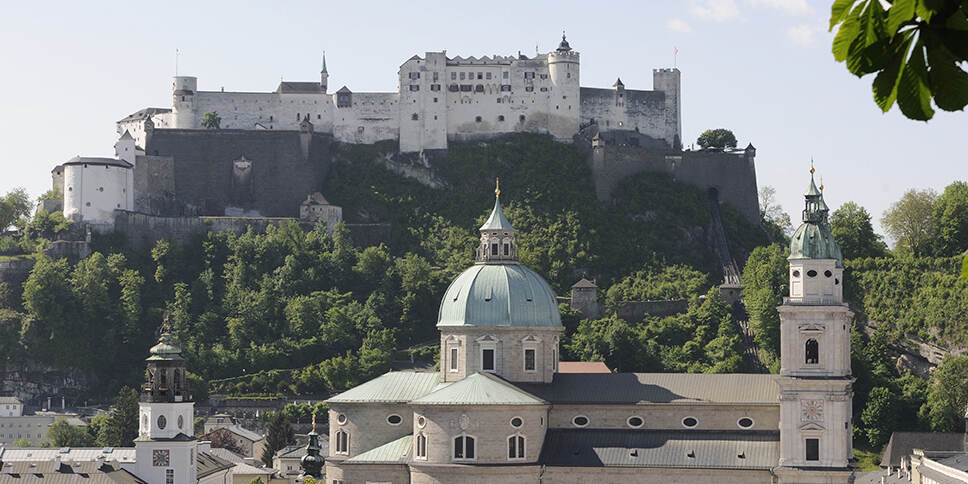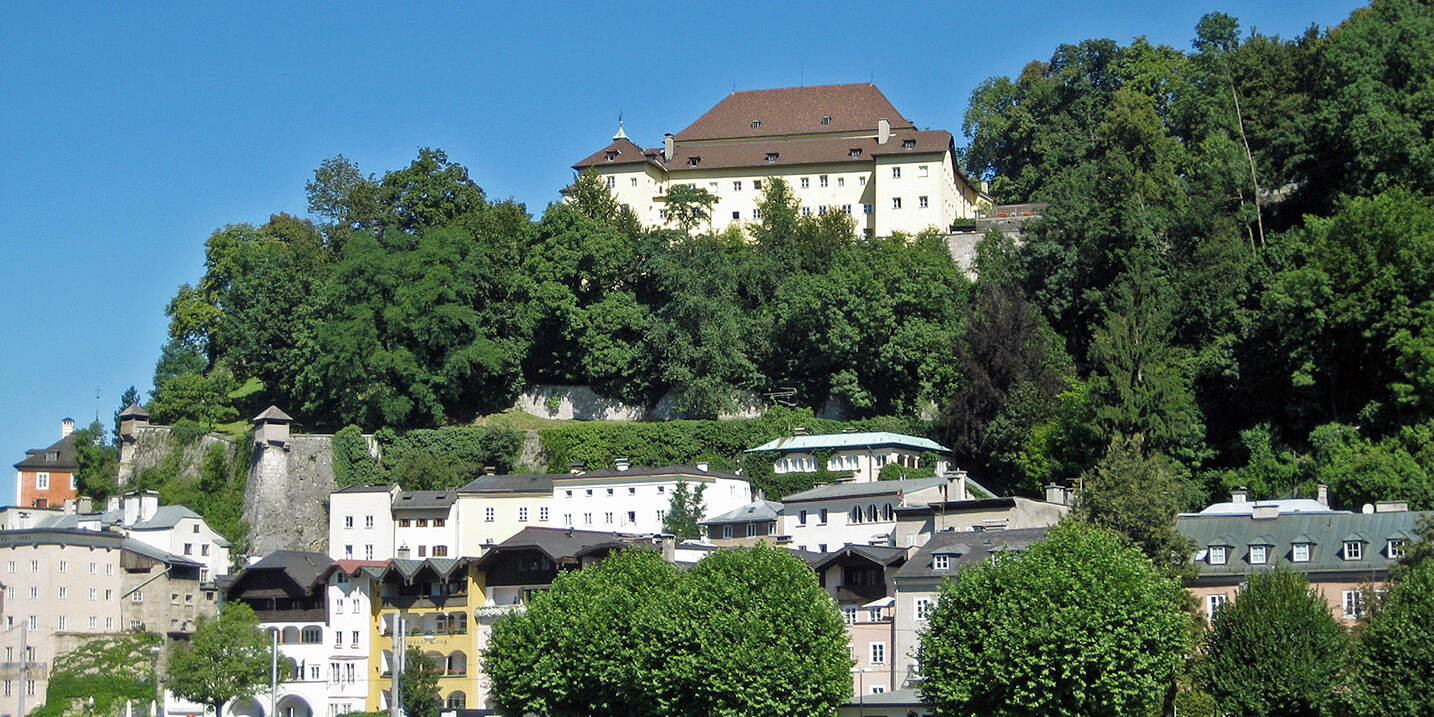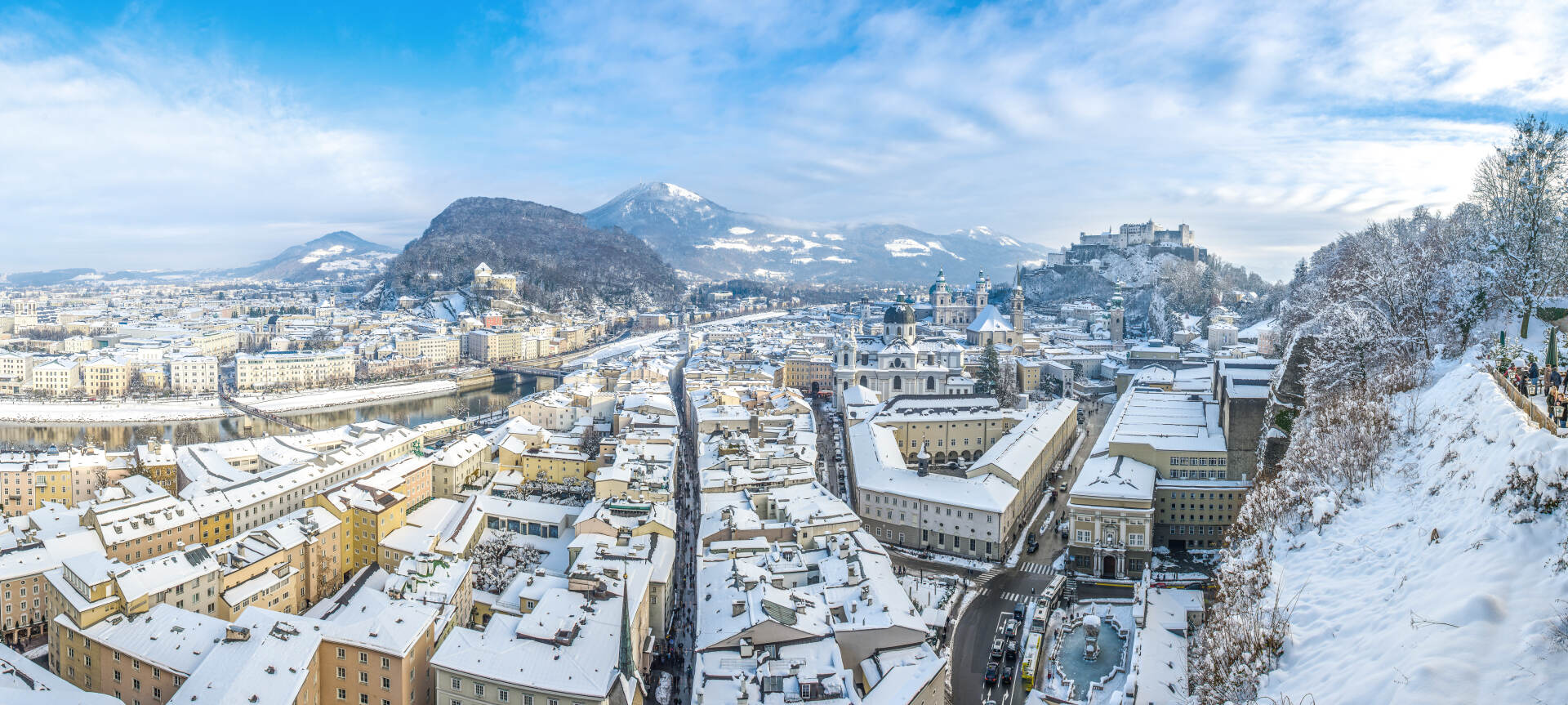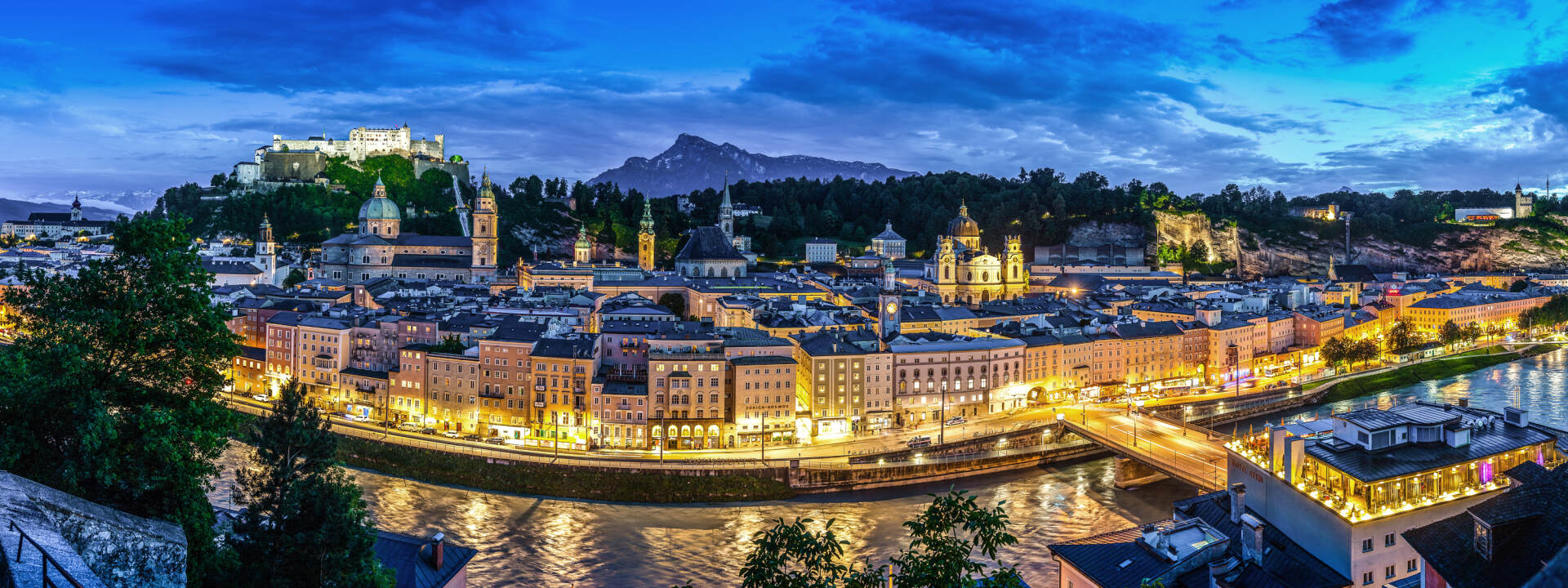
Salzburgs city mountains
The Kapuzinerberg
At 636 m the highest elevation in the city, represents the northern end of the calcareous alps within the city limits. Formerly known as the "Imberg", the Kapuzinerberg has a long history: Settlements on the eastern slope towards the part of town known as Gnigl have been traced back to the Neolithic period and two settlement sites discovered above the Capuchin Monastery date back to around 1000 B.C. It is also assumed that one settlement site may have originated during the La Tene period. Due to the nearly pristine nature and the dense forest, a large variety of fauna and flora can be found on the Kapuzinerberg. Chamois, deer, badgers and pine martens are still indigenous. Mönchsberg hill, situated right in the city center and nearby Gaisberg are also popular for day trips and hikes.

Untersberg
A very popular destination for day trips, located just a few kilometres away from the busy city centre, easy to reach by city bus. The mountain offers plenty of hiking trails, a cable car that is available all year round, a bike trail, challenging climbing routes, impressing ice caves as well as cosy mountain huts on the top. Most impressing through is the beautiful nature. Going up by cable car you can not only get up to the top fast and comfortably, but also enjoy the splendid view on the nearby mountains of the Alps.
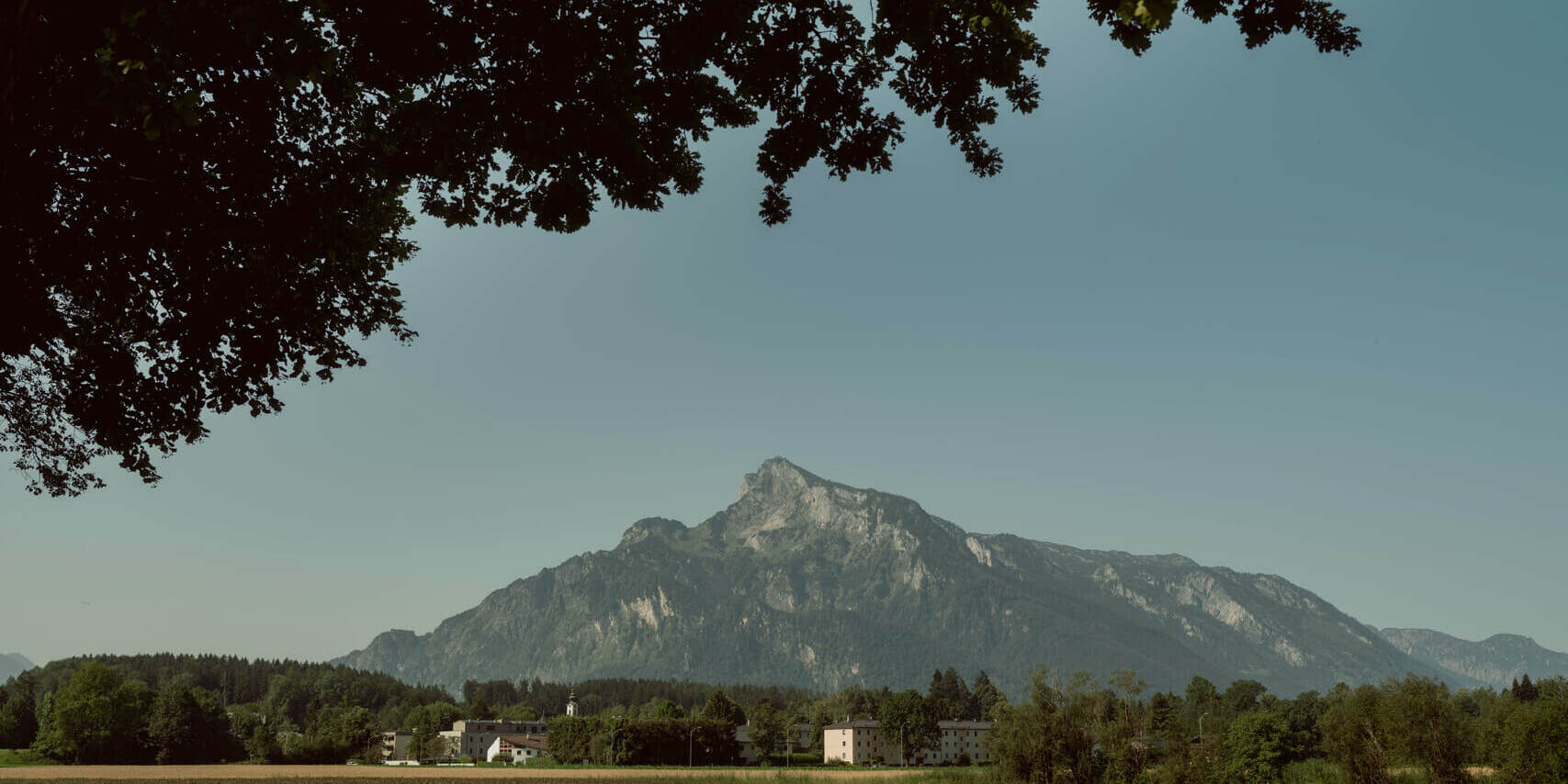
Gaisberg (1286 m)
The local mountain. Chiemsee and Dachstein visible from the summit on clear days. Easy access by road, superb hiking paths, bus connections from Mirabell square.
Nonnberg
Oldest existing nunnery in any German-speaking country (Benedicine nuns). Founded in 700 by St. Rupert for his niece, Erentrudis. Late-gothic basilica with crypt, Romanesque frescoes (approx. 1150), Chapel of St. John with altar in the style of Veit Stoß (1498).
Mönchsberg
Located directly in the city of Salzburg, and Gaisberg are also popular excursion destinations.
